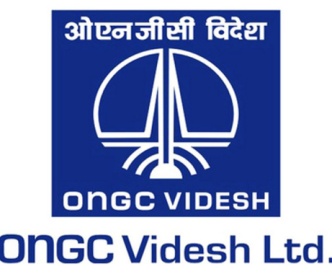Sudan missed four payments to Indian oil firm: report
November 2, 2013 (KHARTOUM) – Sudan has four skipped installment payments that were due to India’s ONGC Videsh Limited (OVL) since 2011 in connection with a multi-product pipeline built by the company, according to a news report.
 The ‘Times of India’ English daily said that as a result of Khartoum’s default, OVL invoked the sovereign guarantee clause included in the pipeline construction agreement.
The ‘Times of India’ English daily said that as a result of Khartoum’s default, OVL invoked the sovereign guarantee clause included in the pipeline construction agreement.
The Indian oil firm has a 25% stake in the Greater Nile project in Sudan.
A sovereign guarantee is one offered by a government, in this case by Khartoum, pledging that all obligations will be satisfied when and if the primary obligor (Sudan’s state owned firm) goes into default.
OVL also claimed payment of over 990,000,000 Indian Rupees ($16,107,300 USD) under a political risk insurance cover it had taken.
The installments by Khartoum were due in June 2011, December 2011, June 2012 and December 2012.
But OVL move has appeared to create uneasiness with India’s Ministry of External Affairs (MEA) which viewed it as hasty decision.
“We should show some more patience to the Government of Sudan … as it would have repercussions on our engagement with that country in the oil sector… Sudan is ready to show its positive intention by paying one installment in addition to returning excess oil it had over lifted earlier. Our ambassador has also suggested OVL should look at the possibility of converting our investment of $100 million in the multi-product pipeline into equity of the company that Government of Sudan is expected to create by 2015,” the MEA urged OVL.
But OVL executives said they had to invoke the sovereign guarantee as not acting on the defaults would have been against norms of good corporate governance and would have drawn flak from the Indian government’s audit and other oversight bodies.
Sudan has seen its economy take a nosedive after the South became independent in July 2011, taking with it three-quarters of the once united country’s oil output. According to figures from the International Monetary Fund (IMF), the country’s GDP contracted by 4.4% in 2012.
After the country’s partition, the Sudanese government was forced to undertake austerity measures including one last month that triggered violent demonstrations across the country.
Last July, India agreed to a request made by Sudan to reschedule six existing lines of credit totaling $566.9 million that is managed by the Export Import Bank (EXIM).
A similar agreement was reached in 2012 when China – a major investor in oil, construction and other sectors of the Sudanese economy – agreed to extend Sudan’s debt maturity by an extra five years in light of the loss of oil revenues.
These pacts are expected to offer some reprieve to a country already laboring under a burden of external debt estimated to have reached $42 billion this year with no prospect of debt relief in sight.
(ST)
